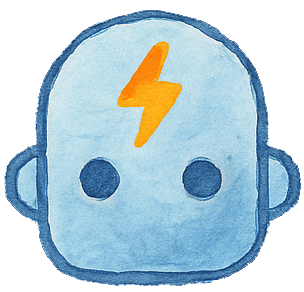Wired Me
-
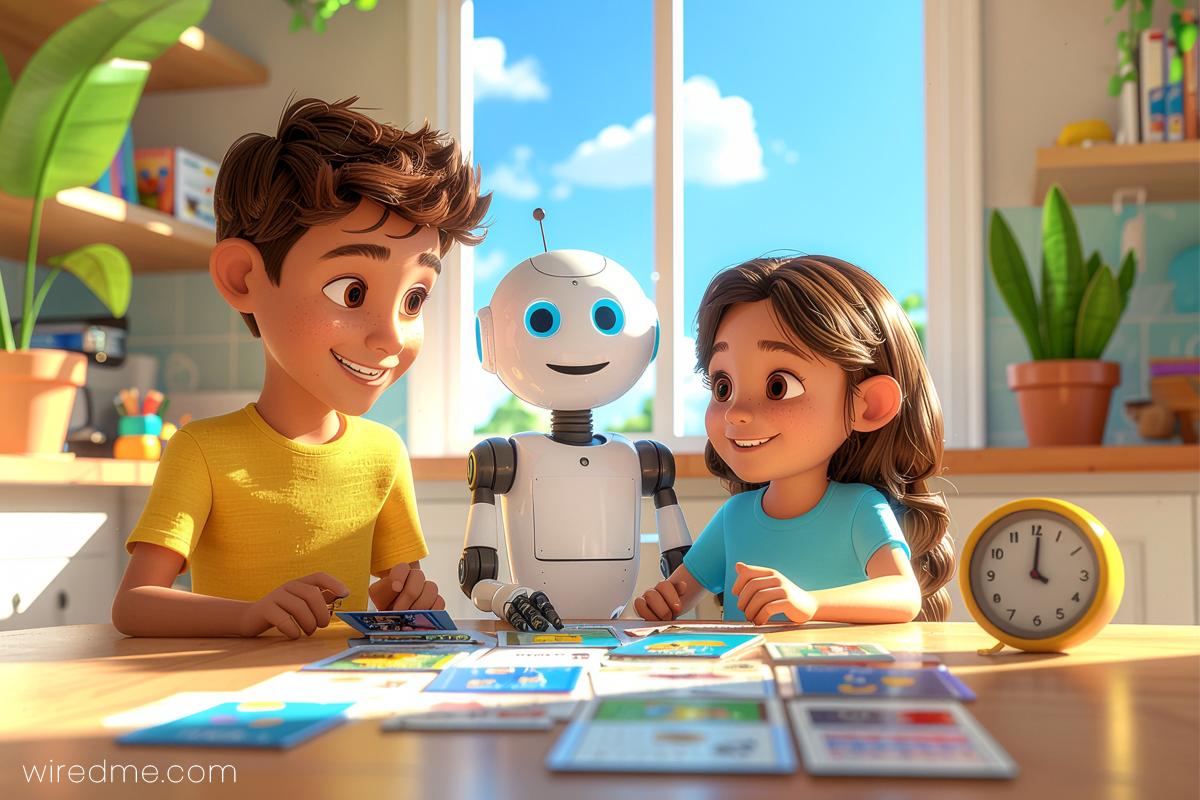
Memory Building Games for Kids: Fun Ways to Boost Focus
The Secret Power of Memory Building Games What if just ten minutes of memory building games could make your child more focused, organized, and confident in school? It sounds simple, yet the science behind it is surprisingly powerful. In fact, short bursts of daily play can lead to big improvements in attention and recall over
-
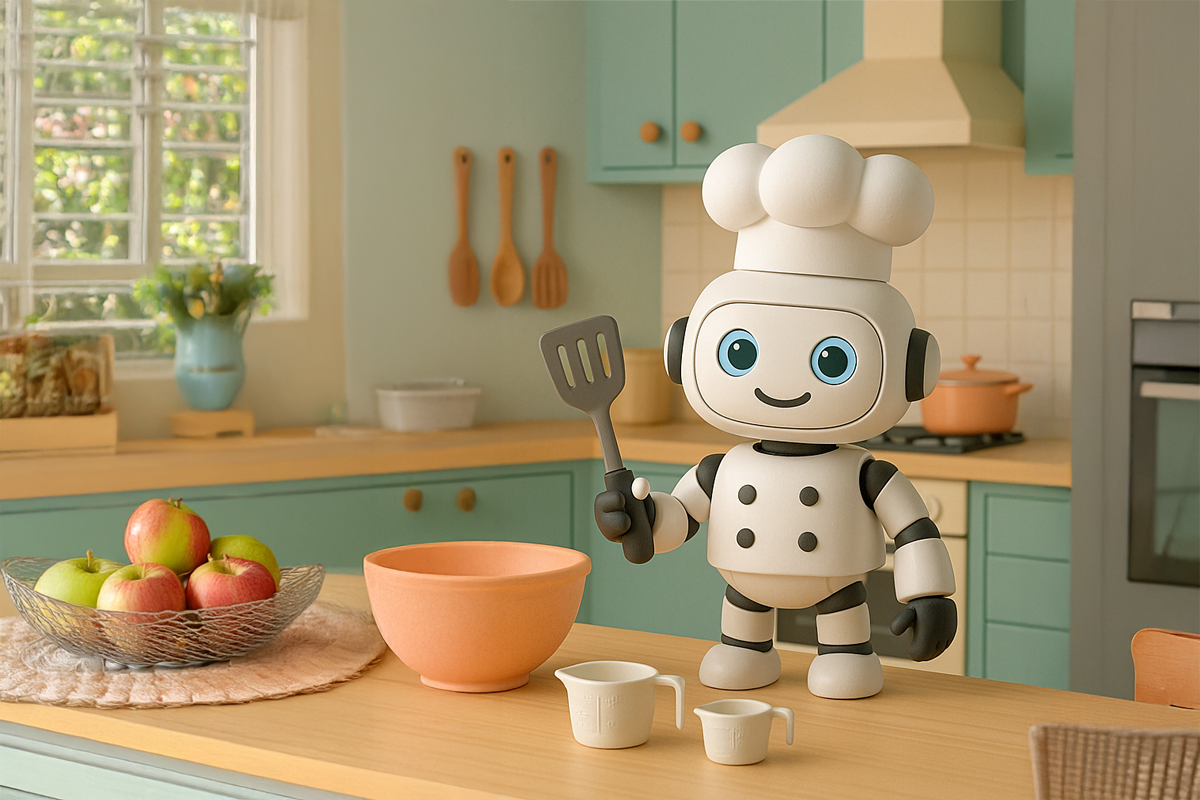
How to Make Dinner a Valuable Learning Victory With the Step-by-Step Cooking Algorithm
The Step-by-Step Cooking Algorithm turns cooking time into coding time. In my work as a web developer, every project begins with one question: how do I break this into smaller steps? That same mindset is what I teach at home when we cook together. Recipes are algorithms in disguise. Each one has a list of
-

How to Turn Family Game Night Into a Coding Lesson
In my work as a developer, I break problems into small steps and test what happens. You can do the same at home by coding with board games. Add one clear rule at a time so kids practice sequencing, conditionals, loops, and quick debugging without new materials. How to start coding with board games in
-

Your Fall Stem Coding Activities Walk Plan with Free Printable
As a web developer who homeschools, I build lessons like I build features. First, I write clear rules. Next, I test them in the real world. Finally, I ship small wins. This simple walk turns your afternoon into fall stem coding activities that teach sequencing, conditionals, loops, and basic data thinking without screens. Set your
-
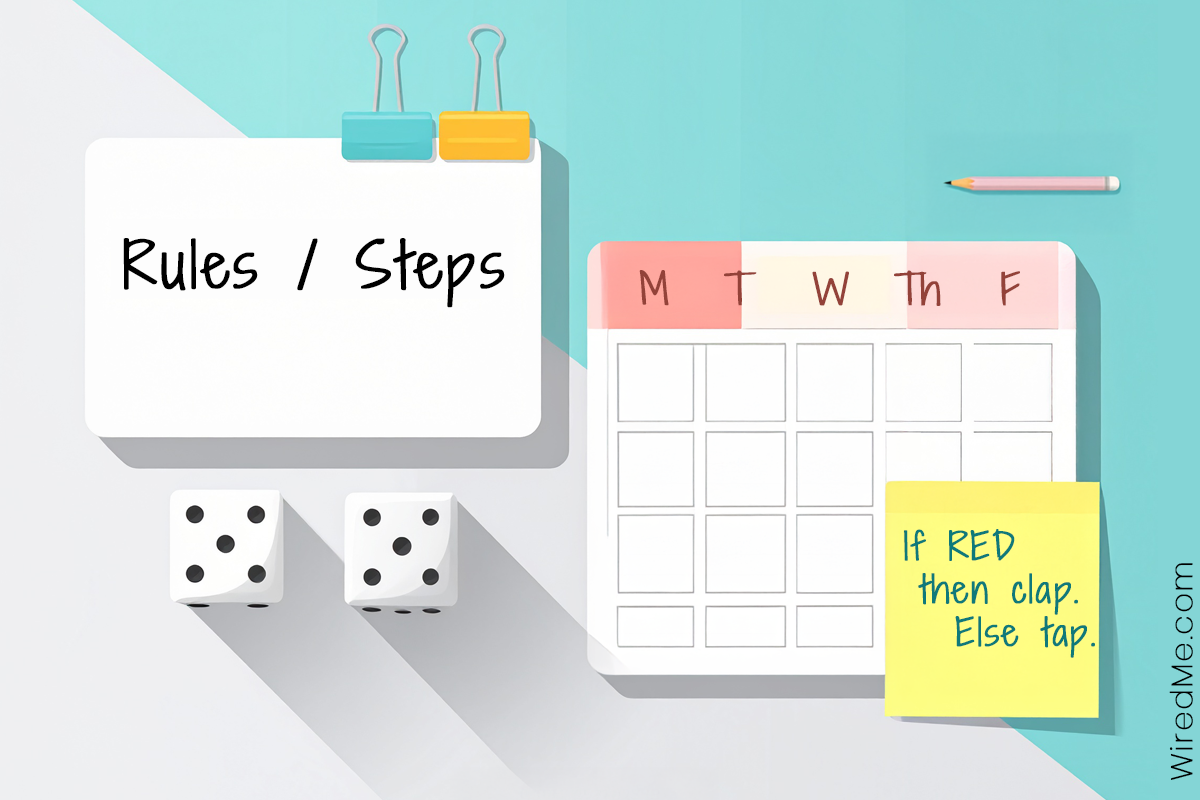
Teach Coding at Home to Boost Thinking and Focus
You can teach coding at home without screens or a tech background. Parents want simple routines that fit real life. This plan gives you one clear rhythm, quick table games, and short talk prompts that build habits. Because sessions stay short, kids stay focused. You guide the practice with plain language, and over time your
-

Conditionals for Kids: 3 If-Then Games for Better Logic
Conditionals for kids are simply rules that guide action. A conditional tells what to do when a statement is true. Kids already use this thinking every day. If it is raining, grab a coat. If snack is done, then clean up. Because the idea is familiar, we can build it into playful, screen-free practice at
-
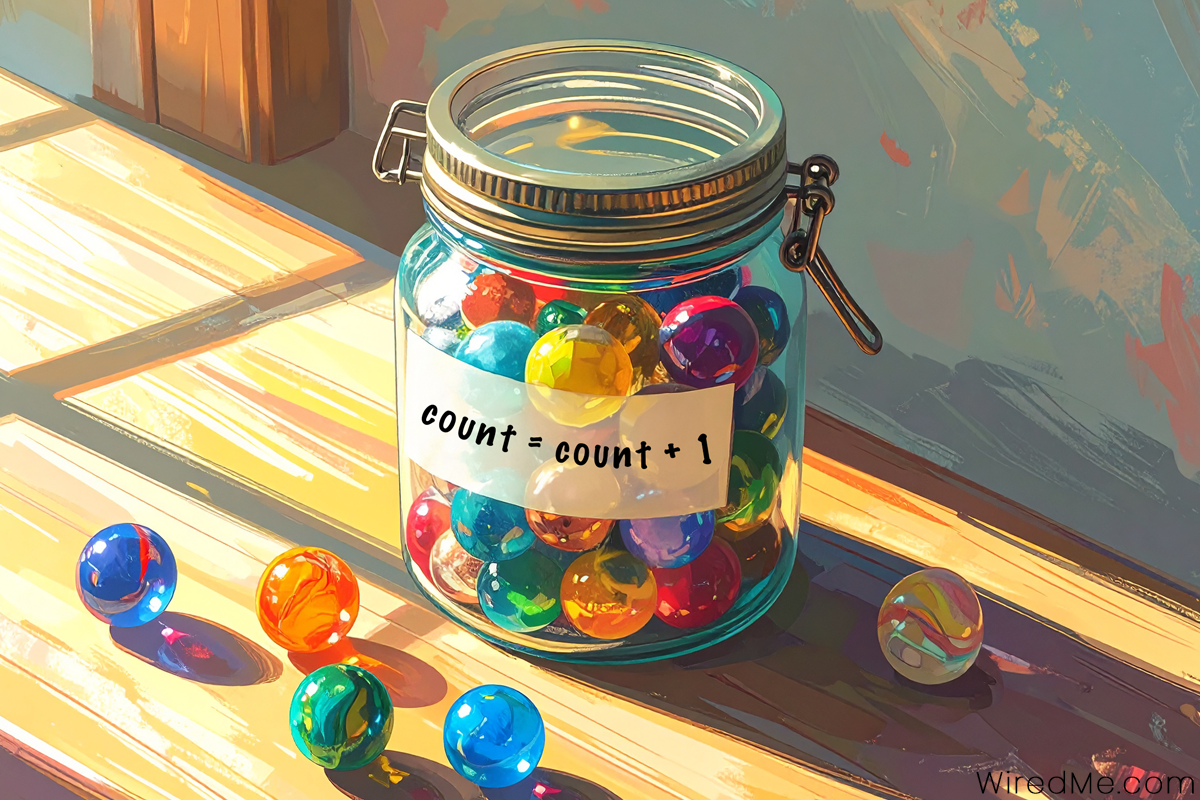
Variables for Kids: Labeled Boxes That Change Value
Variables for kids make more sense when we treat them like labeled boxes. Each box has a name and holds a value. You can look inside, change it, and then use it to make decisions. At home we model this with a jar of marbles or a simple game score. As kids practice naming a
-
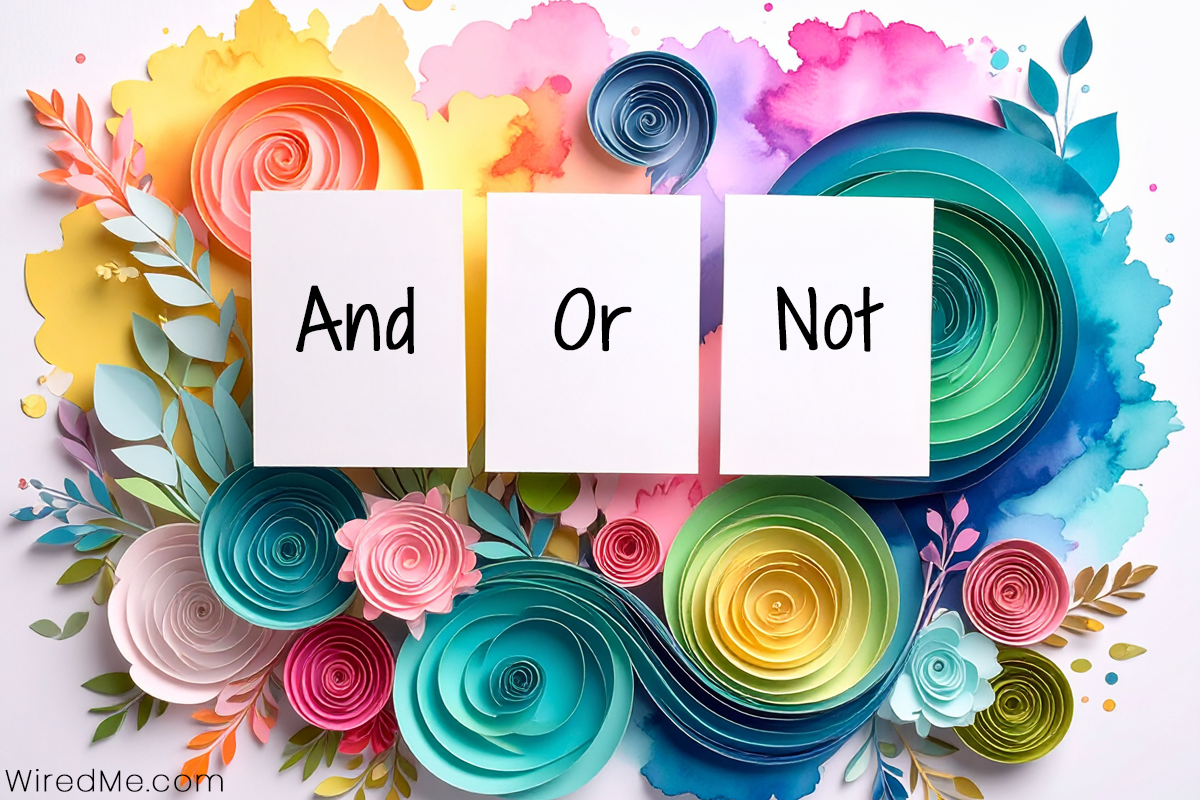
Boolean Logic for Kids: Simple Steps That Kids Love
Computers make decisions with true and false. Boolean logic for kids turns that big idea into small, playful steps we can try at the kitchen table. First we test what is true or false. Then we combine truths with AND, OR, and NOT. Because the rules are clear, kids build confidence fast. What Is Boolean
-

Find What Repeats: Simple Pattern Games for Kids
When we notice a rule, we can plan the next step and avoid surprises. That same skill belongs in early learning. Pattern games for kids is simple, active, and fun. With a few coins, blocks, and quick games, you can build real problem solving at the kitchen table. Pattern games for kids: the three steps
-

Functions for Kids: How to Make Simple Helpers
In coding, a function is a named set of steps you can use again. At home we do this all the time. We “set the table”, “tie shoes”, and “pack snacks”. Each one acts like a helper you can call when you need it. When children learn functions for kids with real chores and routines,
-

Digital Kindness for Kids: Simple Rules That Make Online Safer
Digital kindness for kids starts with small habits at home. Because words travel fast online, we teach clear steps first. Then we practice often. With a short checklist and tiny drills, kids pause, think, and post with care. Digital Kindness for Kids: The Kindness Rules First, read these rules together. Next, say them before kids
-

Media Literacy for Kids: How to Verify Ads in 3 Simple Ways
Media literacy for kids is learning to read the internet like a label. First we pause, then we check the clues, and finally we decide what to do. This quick routine helps kids tell the difference between learning content and a sales pitch, so everyday browsing feels safer and calmer. What media literacy means Media
